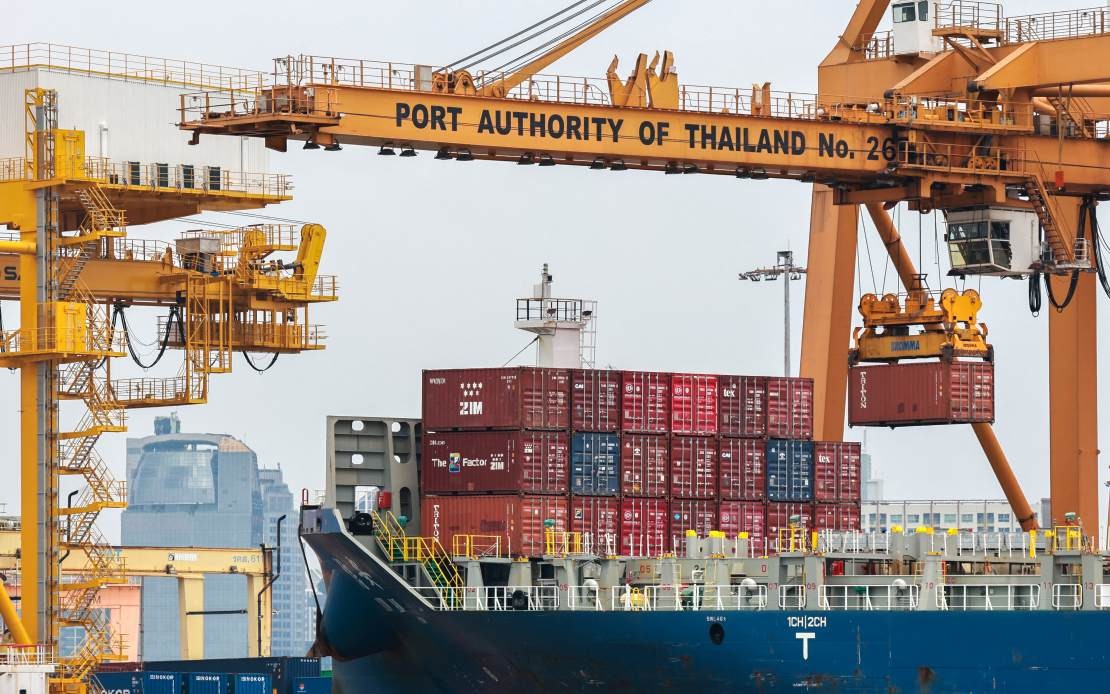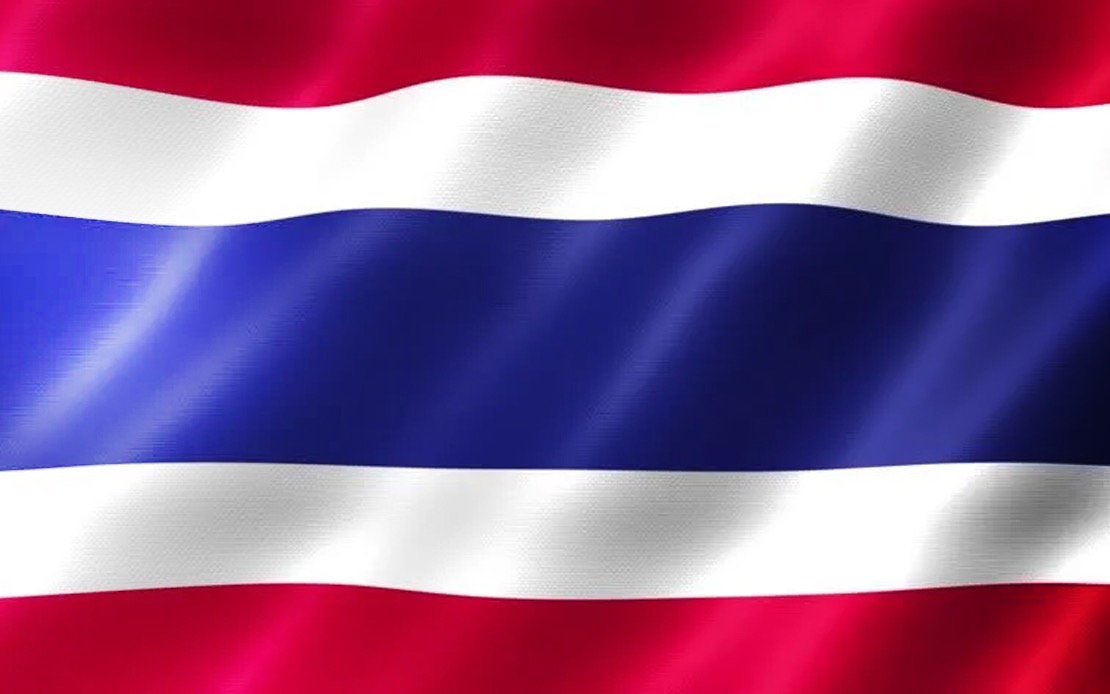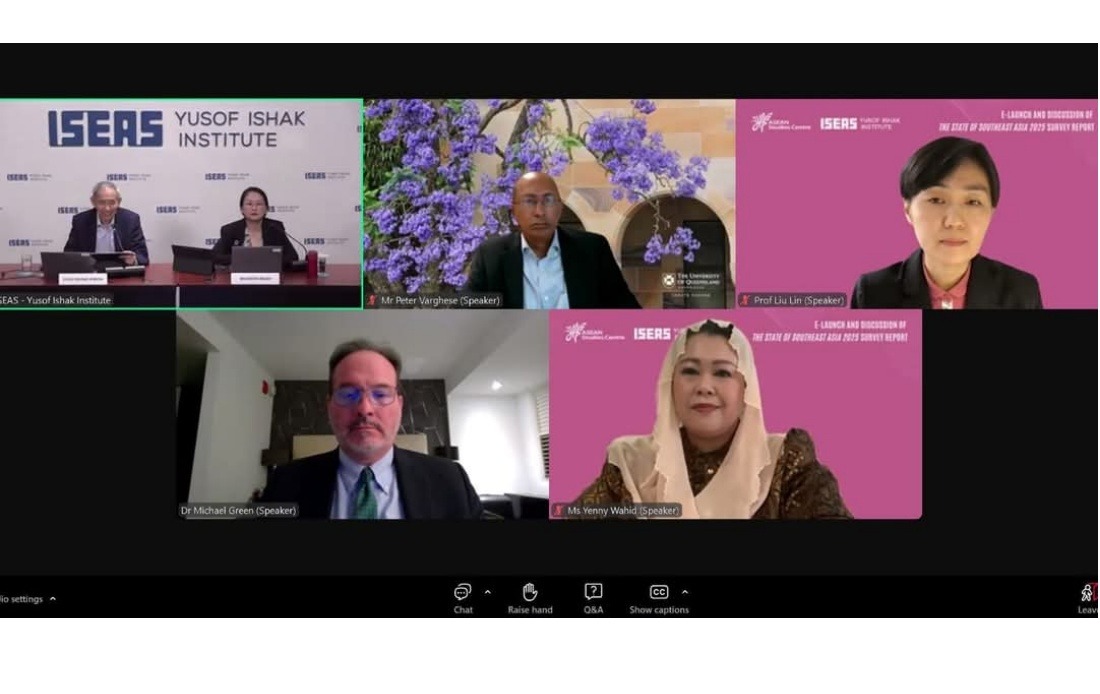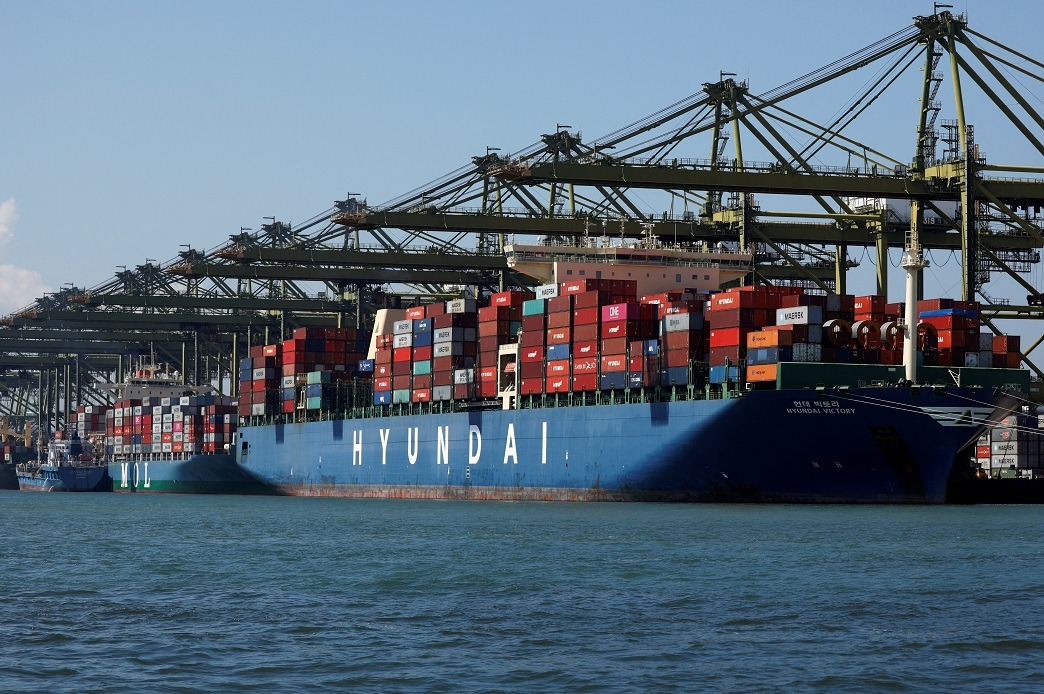TRUMP’S TARIFF BLITZ AND THE GLOBAL INSTITUTIONAL EARTHQUAKE: ASEAN’S STRATEGIC MOMENT AGAINST ECONOMIC COERCION
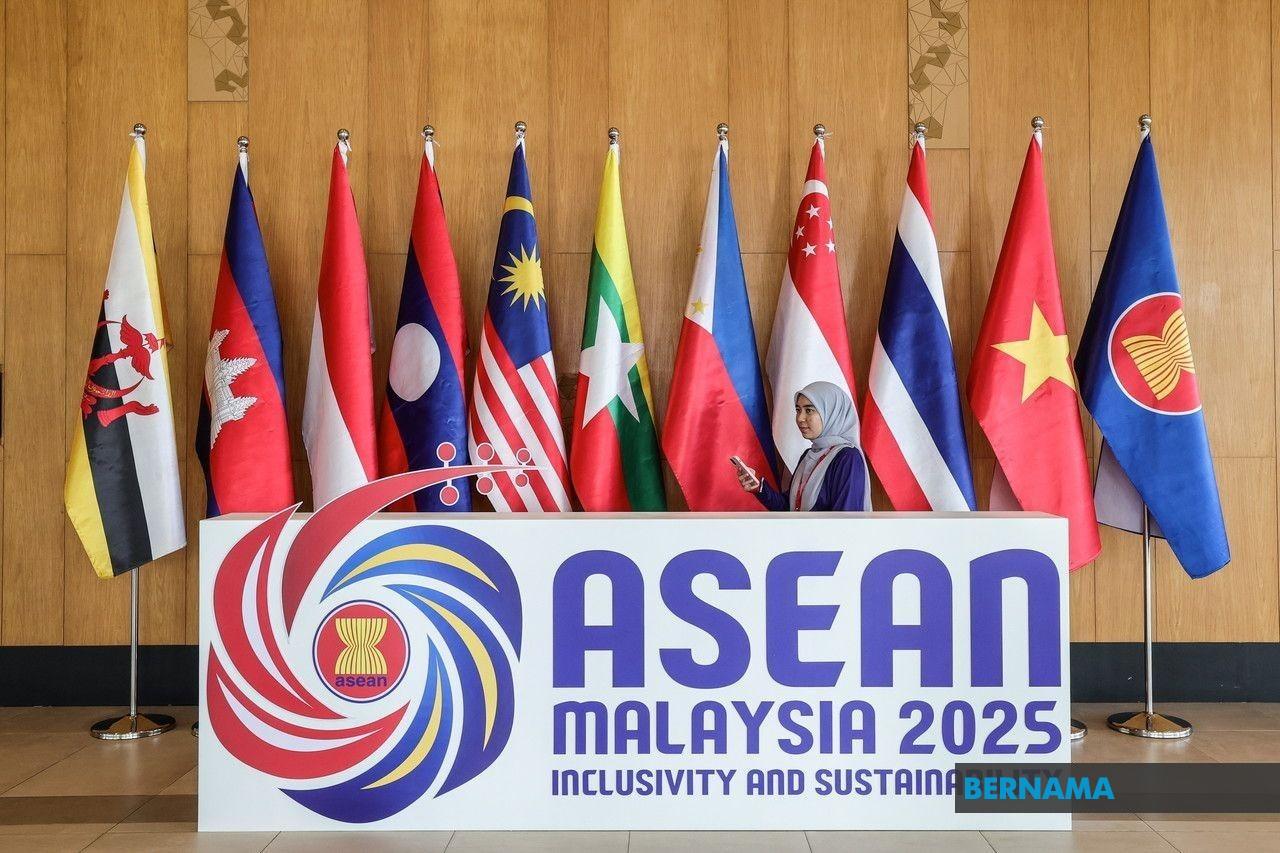
By CW Sim
KUALA LUMPUR, April 3 (Bernama) -- On April 3, 2025, President Donald Trump declared “America’s Liberation Day” from the White House Rose Garden and signed an executive order launching a sweeping global tariff regime.
Under this new “reciprocal tariff” system, the United States (US) will impose a baseline tariff of 10 per cent on all imports and an additional surcharge based on each country’s tariffs on US goods.
The targets are broad and undisguised: 34 per cent on China, 32 per cent on Indonesia, 26 per cent on India, 24 per cent on Malaysia, and 20 per cent on the European Union, among others.
This is not simply a trade manoeuvre. It is an open declaration of economic war on the current global order. Trumpism has evolved from populist rhetoric into a systematic strategy of institutional disruption. When the US finds itself unable to dictate the rules, it now seeks to dismantle them.
Behind the facade of “reciprocity” lies a coercive and unilateral agenda: to weaponise tariffs, supply chains, and financial systems to reassert American dominance in a world that has already moved on.
But the global landscape of 2025 is no longer what it was in 2005 or even 2015. Today’s world is more connected, more regionalised, and more ready to respond.
Following the BRICS expansion in 2024 – which welcomed Saudi Arabia, Iran, Egypt, the UAE, and Ethiopia – the BRICS+ bloc now spans much of the Global South’s energy, finance, and logistics systems.
In parallel, regional frameworks such as ASEAN, the African Union, and MERCOSUR have begun quietly building institutional resilience: advancing local currency settlements, diversifying trade partners, and reducing exposure to US-centric systems.
This is not an anti-American coalition. It is a logical reaction to uncertainty and asymmetric pressure. When the rules are unilaterally rewritten, institutions lose their legitimacy — and countries act to protect themselves.
Indonesia’s new president, Prabowo Subianto, has carried forward the vision of his predecessor Joko Widodo by accelerating Indonesia’s adoption of local currency settlement mechanisms and digital financial sovereignty.
He has also endorsed efforts to build cross-border payment platforms and regional financial insulation through ASEAN frameworks.
Malaysia’s Prime Minister Anwar Ibrahim has taken this further, transforming the philosophy of Malaysia MADANI into a strategic concept for Global South governance — anchored on justice, inclusion, cooperation, and cultural equilibrium.
ASEAN, at this moment, is no longer a passive observer between major powers. It has become a platform uniquely positioned to mediate and construct rules in an emerging multipolar system.
We are witnessing the rise of what might be called “smart counterbalancing” — a shift from resistance to reconstruction.
The New Development Bank under BRICS, the African Continental Free Trade Area, and ASEAN’s evolving QR-code-based payment systems all reflect a movement toward alternative economic pathways: de-dollarisation, de-hegemonisation, and de-sanctioning. These are not declarations of confrontation but blueprints of strategic autonomy.
Still, Trump’s tariff war is not without consequence for the US. At least five structural damages are now foreseeable.
First, the erosion of the US dollar's credibility. The International Monetary Fund (IMF) reported in 2023 that the dollar’s share of global reserves had declined to 59 per cent, down from over 70 per cent two decades ago.
The continued financial weaponisation of the dollar only accelerates efforts by nations to build bilateral payment frameworks, boost gold reserves, and embrace digital currencies.
Second, the fragmentation of US alliance networks. Allies once considered “untouchable” – Germany, Japan, South Korea and Canada – now find themselves targeted by Washington’s tariffs. This undermines trust, coordination, and long-standing security frameworks.
Third, capital flight and investor uncertainty. Volatile tariff policies and inconsistent economic messaging make the US a less attractive investment destination. Global capital is increasingly migrating to stable, rules-based regions.
Fourth, the accelerated breakdown of global supply chains. Cross-border production, once optimised under globalisation, is being recalibrated toward regional self-sufficiency and China-plus-one strategies. The US is not attracting reshoring — it is provoking relocation elsewhere.
Fifth, the collapse of institutional trust in US-led multilateral bodies. The World Trade Organisation’s (WTO) dispute resolution mechanism has been paralysed for years.
The credibility of the IMF and World Bank is now routinely questioned by emerging economies. If the US is seen as discarding multilateralism when it no longer suits its interests, then others will do the same.
Against this backdrop, the world must not merely oppose — it must respond with design. Prime Minister Anwar and President Prabowo now hold unique moral and strategic capital to lead a new discourse.
Their positions are rooted not in defiance but in institution-building. And in just ten days, the upcoming state visit of Chinese President Xi Jinping to Malaysia could mark a turning point for institutional realignment in the Indo-Pacific.
If ASEAN and China can converge on a regional financial resilience mechanism, expand Renminbi-based trade settlements, integrate Regional Comprehensive Economic Partnership (RCEP) with BRICS+ commercial frameworks, and establish rules for supply chain sovereignty, a new axis of equitable cooperation will take shape — not to confront the US, but to function with or without it.
The US still has a role in this world, but that role must return to being a partner, not a punisher.
ASEAN must now claim its seat not just at the negotiating table but also at the rule-making table. This is not about picking sides. It is about shaping a world in which no single nation can unilaterally dictate the fate of all others.
If tariffs are to become the new language of empire, then cooperation, resilience, and institutional wisdom must become the new grammar of peace.
And this time, ASEAN must be the author – not the footnote – of that grammar.
-- BERNAMA
CW SIM is a Senior Fellow of Strategic Pan Indo Pacific Arena (SPIPA)
